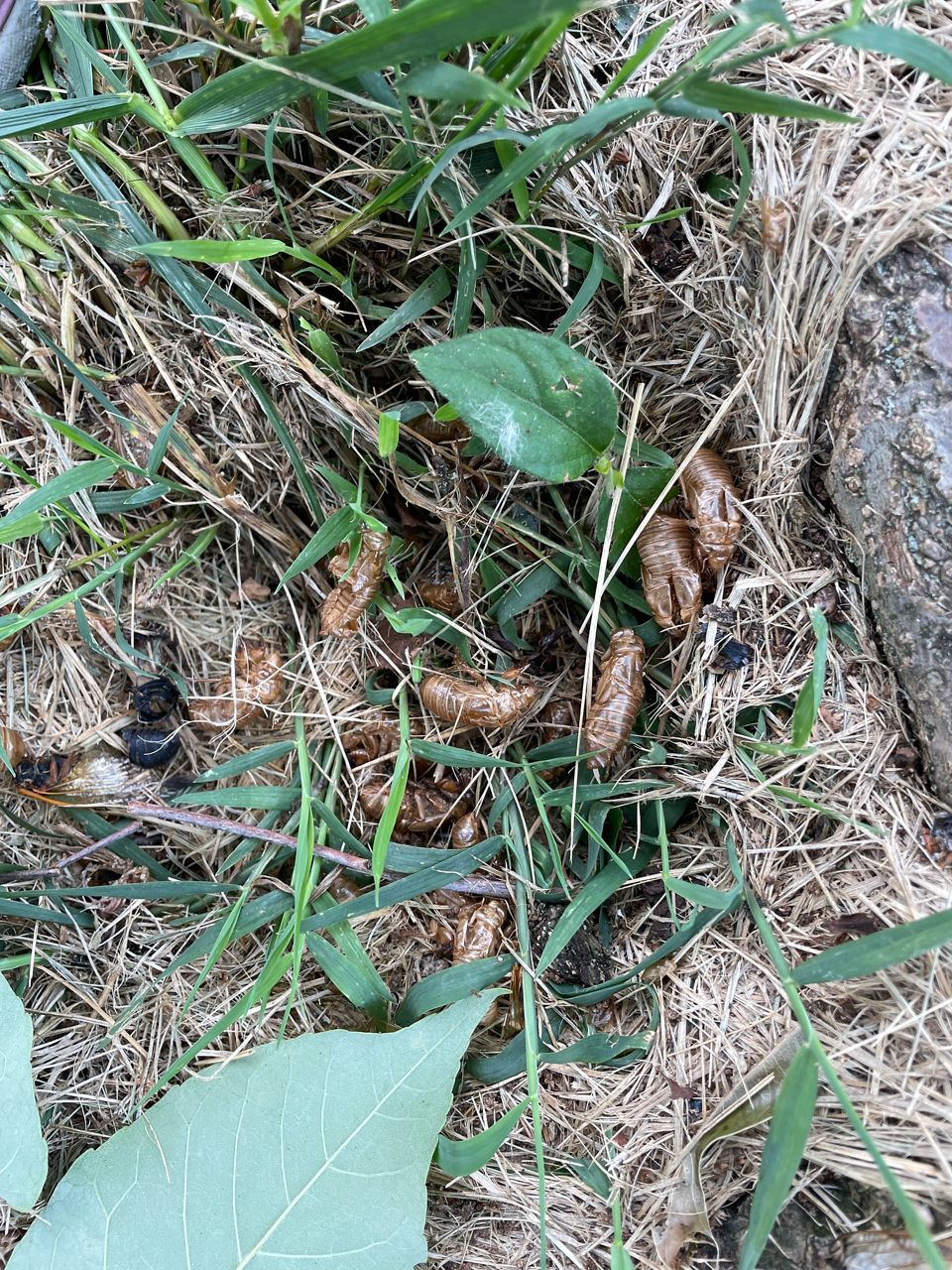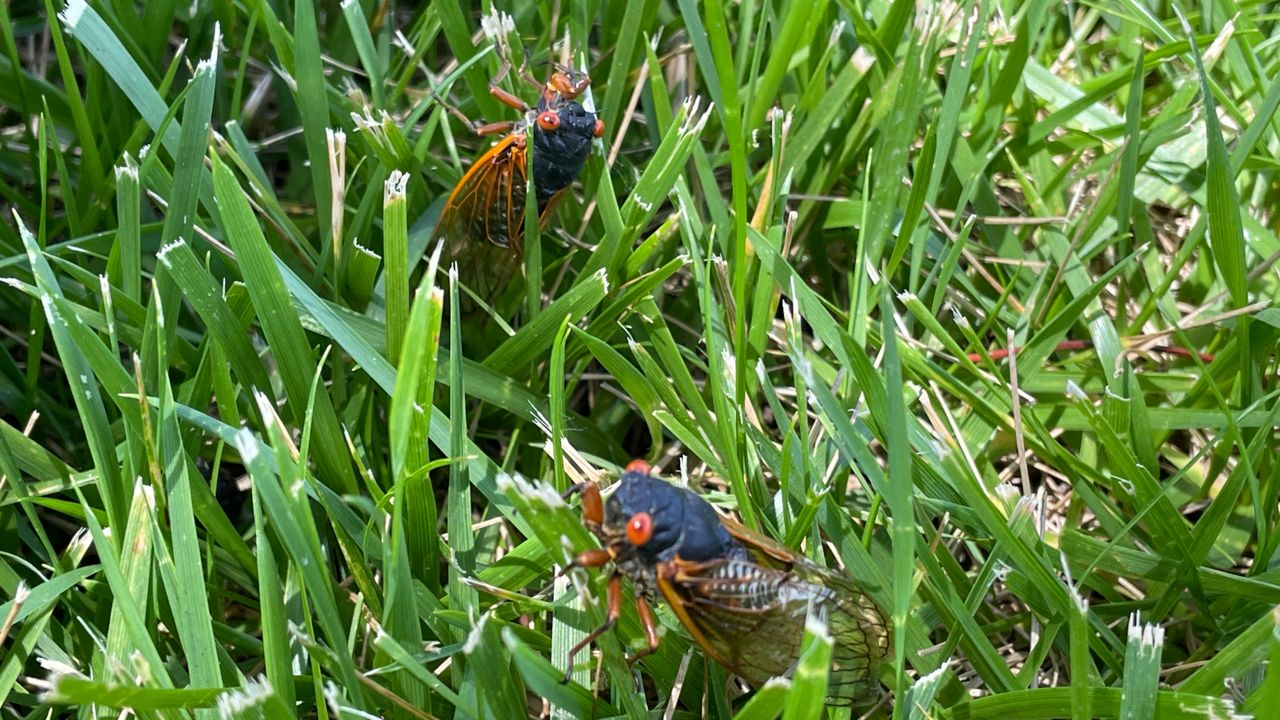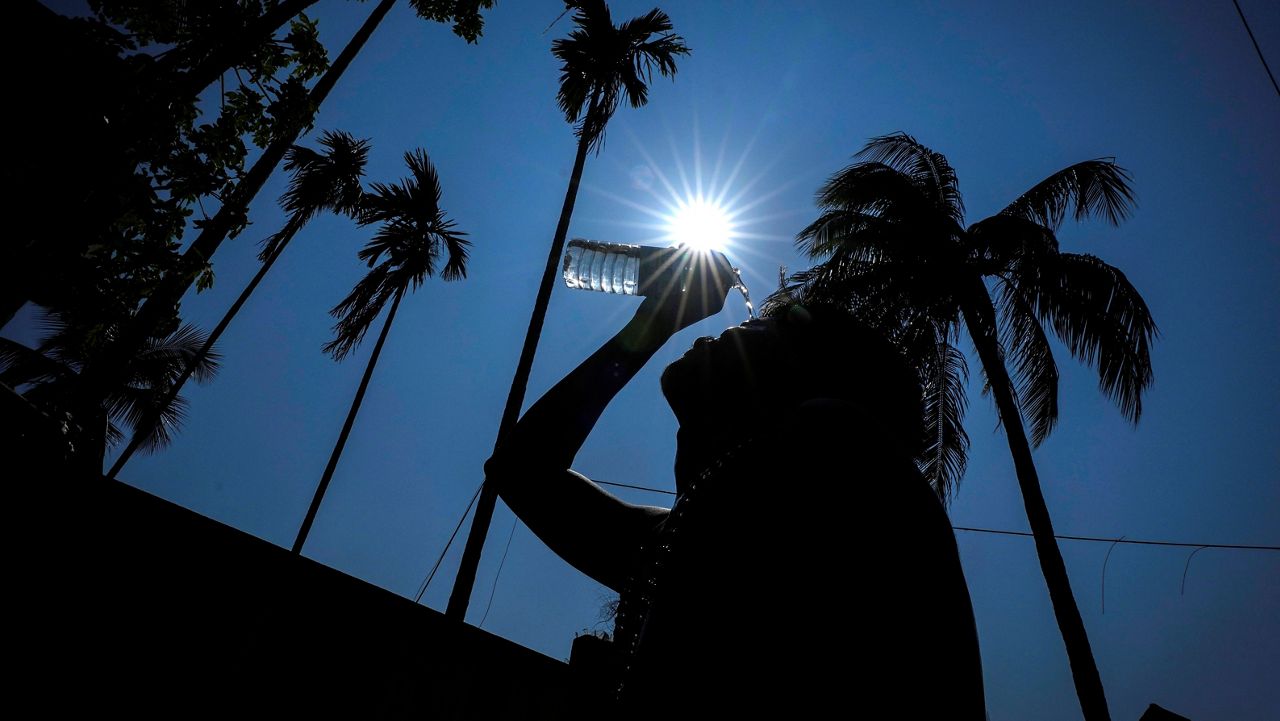Late spring and early summer are the perfect days for outdoor activities. Temperatures are mostly manageable and with a sunset time after 8 p.m., there’s plenty of daylight.
This year, however, with the emergence of the 13-year and 17-year cicadas, besides the annual ones, those outdoor hours are spoiled by the deafening sounds of the billions of insects. Not to mention the collisions with cicadas just walking to the mailbox or the shells crunched on while stepping outside.
When will these large nuisance insects complete their mating rituals and burrow back underground for another 13 to 17 years?
The answer to that is soon, says St. Louis University associate biology professor Dr. Kasey Fowler-Finn. “By the end of June, they should mostly be gone.”
2024 is unique because two species of cicadas, Brood XIX (13-year) and Brood XIII (17-year) emerged at the same time. Thankfully, for the St. Louis area, the billions of buzzing insects were only from Brood XIX. The same cannot be said for Springfield, Illn. where both broods emerged simultaneously.
My backyard is covered in cicada shells and at certain times of the day, if you venture out, you will be “dive-bombed” by the insects. But how come some locations have the cicadas, but other areas do not?

“Cicadas depend on trees for survival,” explains Fowler-Finn. “So areas with less densely wooded areas will have fewer or no periodical cicadas.”
Adding, “High tree density is particularly important for periodical cicadas because they rely on predator satiation. This means that they rely on coming out in such large numbers that predators eat their fill without eating the entire cicada population.”However, in locations with fewer trees, the cicadas can’t reach the high volume to provide satiation, so they cannot persist.
Dog owners have noticed their pups snacking on cicadas, and the good news is that ingesting cicadas is mostly harmless, even for humans.
However, Fowler-Finn cautions, “One caveat is if you have a shellfish allergy–some allergists are seeing people with shellfish allergies—who were licked by their dogs after their dogs chowed down on some cicadas—break out on hives on just a small patch on their skin where the dog licked them!”
My boys were playing outside, and one came inside after a cicada landed on him, saying his hand was sticky. According to Fowler-Finn, it was likely cicada pee, which is honeydew.
“Cicadas have to eat a large amount of plant sap to get all their nutrients, so they also have to pee out an enormous amount of liquid.”
Adding a fun fact–“they do so by peeing in jets–this helps them get their honeydew far away from their body, so it doesn’t stick to them and grow mold, etc.”
Our team of meteorologists dives deep into the science of weather and breaks down timely weather data and information. To view more weather and climate stories, check out our weather blogs section.








)
